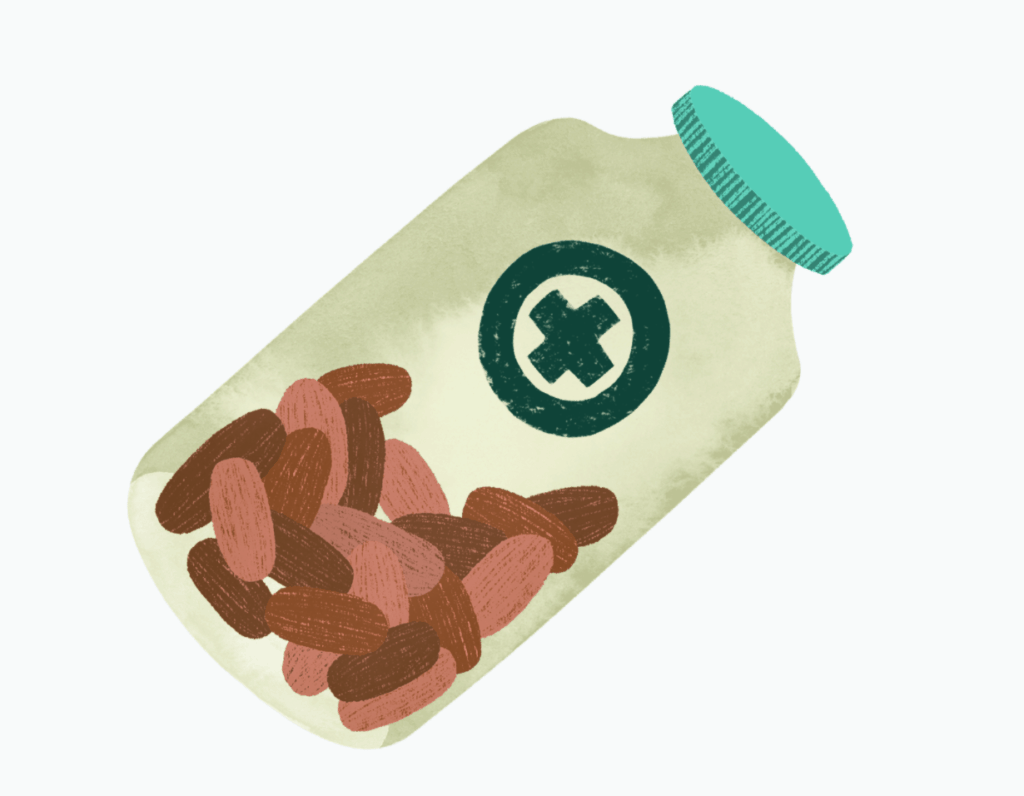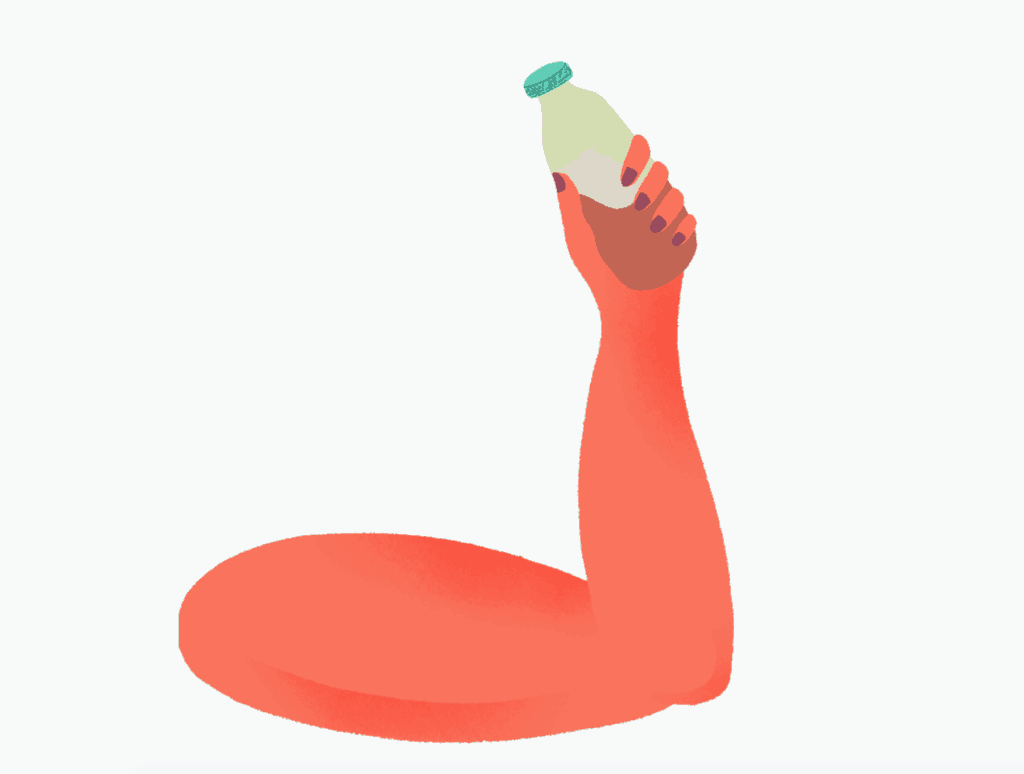
The Aztecs and Mayans thought it made their soldiers stronger for battle. Dominican friars in the 16th century were so enamored with the stuff, they made allowances for it during fasting. Nowadays, marathon runners chug chocolate milk to replenish after races and scientists (who may or may not have more important things to do) conduct frequent studies about the antioxidant properties in these ancient beans. But with many of these studies sponsored by chocolate companies, it can be hard to get solid answers. Should guilt accompany milk chocolate? Should dark chocolate merit sanctimony?
The truth is a bit of a mixed bag. All chocolate contains sugar and fat (even a 100% dark bar), but it also contains protein, fiber, and vitamins—as do strawberries, avocados, almonds, coconut, and a whole host of other natural plant-based foods that are wonderful to savor in moderation. Like most comestibles, chocolate is neither villain nor savior. It should simply be balanced with the rest of your diet—and when it’s on the menu, appreciated for all the ways it benefits your bod.
It’s nutrient-rich. Chocolate comes from a plant, after all, and nature didn’t skimp on packing it full of fiber, protein, magnesium, calcium, iron, and vitamins B & E.
It helps you work out. Apparently, chocolate milk offers the ideal protein, fluid, and carb reload. In a Southern Connecticut State University study, runners who refueled with it experienced speedier muscle rebuild and lasted longer in endurance tests than those drinking chocolate-free recovery beverages.
It’s good for your heart. No, we aren’t saying that eating chocolate is scientifically proven to help you get over a broken heart—we’re talking about the literal ways chocolate benefits your ticker. Cacao contains antioxidants (flavanols) that increase your production of nitric oxide, in turn increasing blood flow by dilating your veins and arteries. The darker the chocolate, the higher the flavanol content.
It improves brain function. With better vascular flow, blood gets to your brain faster. One study in 2017 found a correlation between chocolate intake and lowered risk of stroke; another, in the Journal of Alzheimer’s Disease, found that long-term chocolate consumption led to slower mental decline. And on top of all that, the caffeine in cacao can increase your productivity and alertness as much as a cup of coffee.
It makes you happy. Increased blood flow to the brain improves your mood, as does the surge of serotonin triggered by the tryptophan in chocolate. For those particularly smitten, eating chocolate may even cause an endorphin rush. Woo!
BUT WHAT ABOUT WHITE CHOCOLATE?
“White chocolate is a substance made possible by the fat from cacao, but we don’t consider it chocolate. So [comparing it to chocolate] is like saying, is peanut oil the same as peanut butter? Yes, the cocoa butter used to make white chocolate comes from cacao, but it doesn’t have any of the non-fat cocoa solids that make chocolate chocolate.”
—Robbie Stout, Ritual Chocolate









